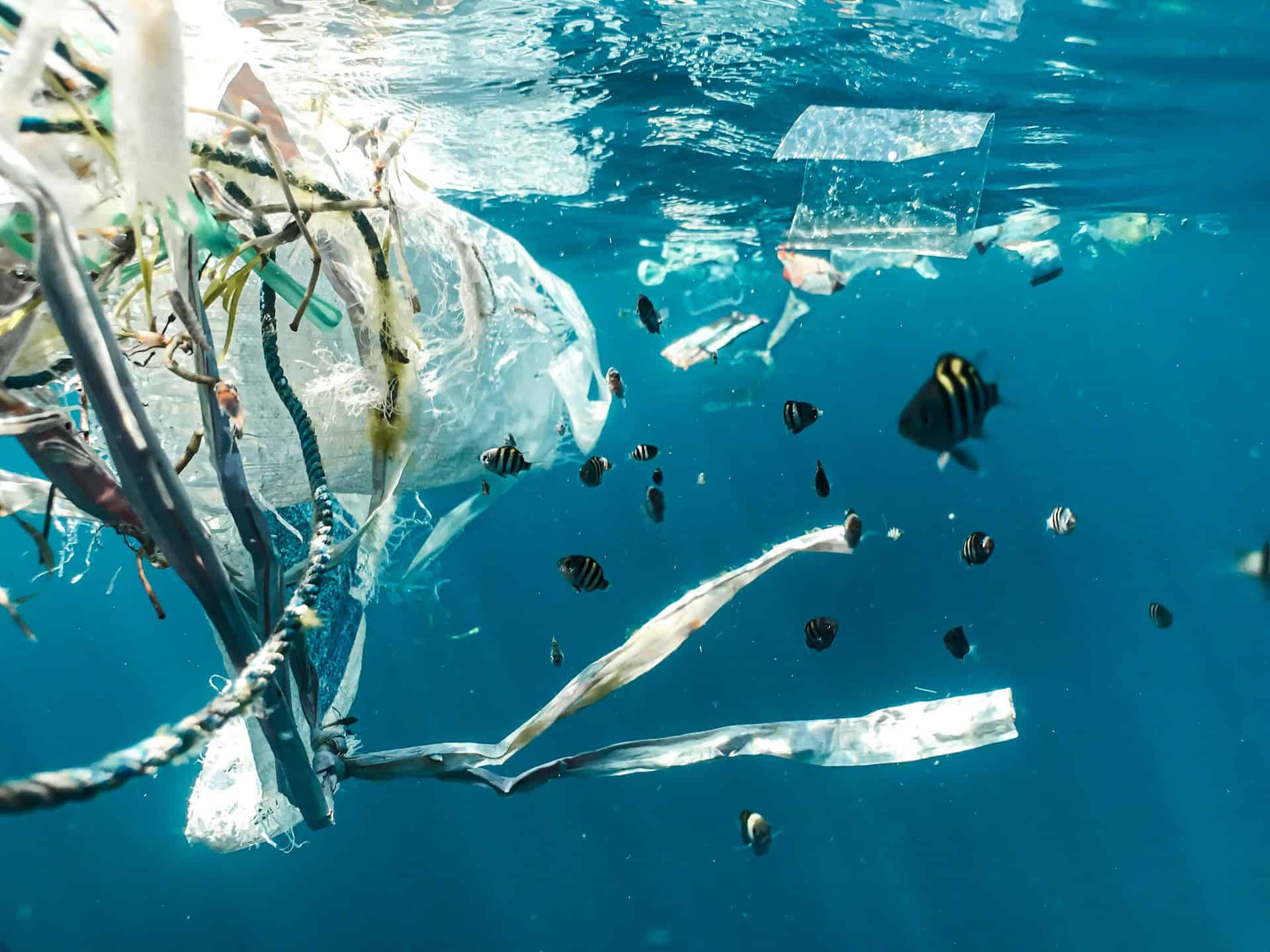OnTheWight always welcomes a Letter to the Editor to share with our readers – unsurprisingly they don’t always reflect the views of this publication. If you have something you’d like to share, get in touch and of course, your considered comments are welcome below.
This from Maggie Nelmes, Ventnor. Ed
Did you take part in The Big Plastic Count earlier this year? I did.
It involved sorting my household’s single-use plastic waste for a week into different categories, such as bottles and fruit and vegetable trays, and counting the pieces in each category before putting them into my recycling bin.
I submitted the results to Greenpeace UK, who calculated how much plastic packaging waste my household produced annually and compared this with other UK households, taking into account the number of people in each.
Biggest UK household waste citizen science experiment
It’s the biggest citizen science experiment into UK household waste, says Dr Kate Whitman, a researcher at the Revolution Plastics Institute at the University of Portsmouth. Her research team has been studying the results of Greenpeace UK’s Big Plastic Count.
“Thanks to you, we now have invaluable data on how much plastic has taken over our lives. Most people aren’t even aware of how much plastic they use.
“Most people want to buy products with sustainable packaging, such as reusable and refillable options, but we’re not given much of a choice.
“The Big Plastic Count results helped prove that.”
That is why the UN set up negotiations to develop an internationally binding law on plastic pollution.
From 25th November to 1st December this year, the fifth session of the Intergovernmental Negotiating Committee on Plastic Pollution takes place in Busan, South Korea.
Here are the Key Agenda Items:
- Finalising the Treaty Text: The primary goal of INC-5 is to finalize the text of the international legally binding instrument on plastic pollution. This includes addressing unresolved issues from previous sessions and ensuring that the treaty is comprehensive and effective.
- Reduction of Plastic Production: Discussions will focus on strategies to reduce the production of plastic, particularly single-use plastics, and promote sustainable alternatives.
- Waste Management and Recycling: The committee will explore best practices for waste management and recycling, aiming to improve global recycling rates and reduce plastic waste.
- Marine Pollution: Addressing plastic pollution in marine environments will be a significant focus, with discussions on measures to prevent plastic waste from entering oceans and waterways.
- Support for Developing Countries: Ensuring that developing countries have the resources and support needed to implement the treaty’s provisions will be a key consideration. This includes financial assistance, technology transfer, and capacity-building initiatives.
- Monitoring and Reporting: Establishing mechanisms for monitoring and reporting on the implementation of the treaty will be discussed to ensure transparency and accountability.
- Public Awareness and Education: Promoting public awareness and education on plastic pollution and the importance of reducing plastic waste will be a part of the discussions.
Side Events and Consultations:
- Regional Consultations: Prior to the main session, regional consultations will take place to gather input and perspectives from different regions.
- Stakeholder Engagement: Various stakeholders, including NGOs, industry representatives, and civil society organizations, will participate in side events and provide their insights and recommendations.
The session aims to build on the progress made in previous sessions and work towards a comprehensive and effective global treaty to combat plastic pollution.
Greenpeace petition urges decisive uk government action
Greenpeace UK says:
“The Big Plastic Count has shown how overwhelming the plastic waste crisis has become – and governments and corporations need to take responsibility to clean up this mess.
“The Global Plastics Treaty is a once in a generation opportunity to change our relationship with plastic.”
Greenpeace is calling on our government to tackle this problem – please will you sign the petition now?





